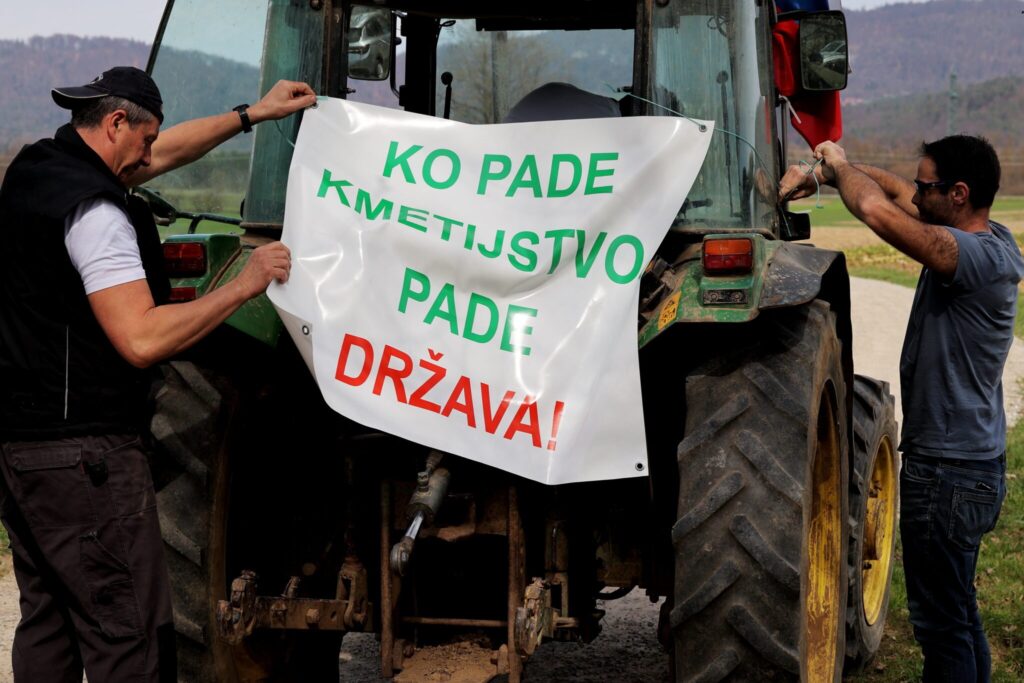On Tuesday, the European Parliament’s Committee on Environment voted down the proposed legislation on nature restoration, which has divided MEPs. It is opposed by the largest EU political group – the European People’s Party (EPP), among others, because of concerns about the impact on agriculture and food security. The Committee rejected the proposal by 44 votes in favour to 44 against, with no abstentions. “I welcome today’s rejection of the Nature Restoration Law by the Committee on Environment. The Nature Restoration Law, proposed by the European Commission, is an attack on European agriculture, forestry and fisheries,” said Slovenian MEP Milan Zver.
Last year, the European Commission proposed a new law on nature restoration, which would make nature restoration legally binding for EU Member States. The adoption of this law, it was said, would give “degraded ecosystems in the EU” a chance to recover. But as MEP Romana Tomc pointed out, it is important to protect nature, but not at the expense of people and our food security.
The European Parliament’s Committee on Environment, Public Health and Food Safety will propose rejecting the European Commission’s proposal at its plenary session in mid-July. The European Parliament will then vote on the Parliament’s draft position for negotiations with the Council of the EU, which brings together the representatives of the Union’s Member States. The European Commission, reacting to Tuesday’s rejection of the proposal, declined to comment on the vote itself, explaining that it is an internal procedure of the European Parliament, which is still ongoing. The final position of the Parliament will be known in plenary, they stressed.
Going against the farmer in the name of climate change
The European Commission’s legislative proposal, which has sharply divided MEPs, aims to protect biodiversity on land and at sea and to prevent the worst impacts of climate change. With the proposal presented by the Commission last June, Brussels aims to restore the ecosystem functions of Europe’s wetlands, rivers, forests, meadows, marine ecosystems and urban green spaces, and the animals they support. The aim is to implement restoration measures on at least 20 percent of the EU’s land and seas in need of restoration by 2030, and to extend them to all ecosystems in decline by 2050.
“The adoption of such a text would lead to lower food production in Europe, higher food prices, the risk of further food insecurity in Africa and the blocking of infrastructure projects that are key to our climate transition. The attacks by European institutions on the European farmer in the name of environmental protection must end. Without farmers, there is no food, and we do not all accept insects as an alternative to beef,” Milan Zver was clear.
Sara Kovač


